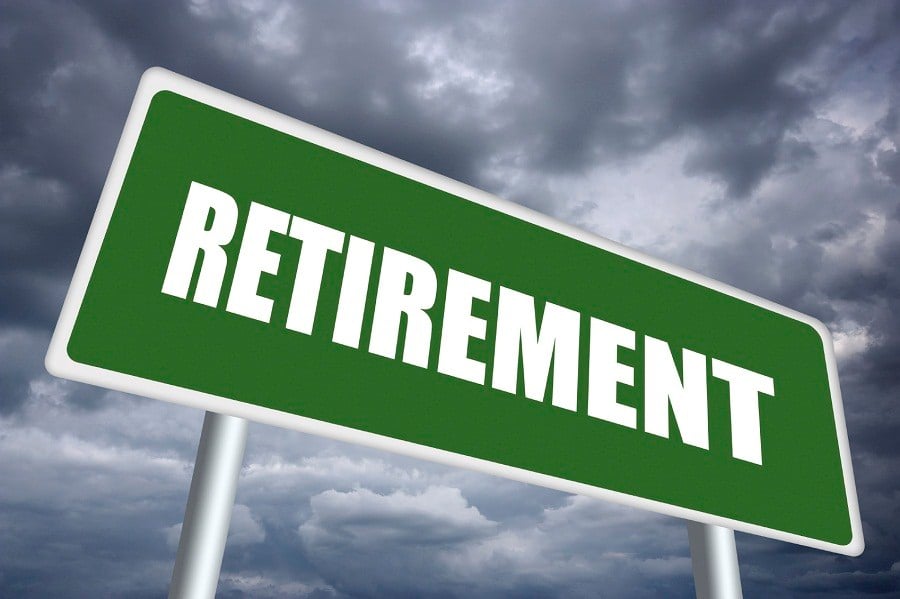American workers forfeit an estimated $24 billion a year by not contributing enough money to their company 401(k) plans to capture their employer's full matching contribution, according to a newly released research report.
For the typical employee, failing to receive the full company 401(k) match leaves $1,336 of potential free money on the table each year, according to Financial Engines, the largest independent investment adviser in the country and a specialist in advising retirement plans. That equates to an extra 2.4% of annual income not received. Assuming a 4.4% annual rate of return, the forfeited matching funds could amount to nearly $43,000 over 20 years.
Financial Engines examined the saving records of 4.4 million retirement plan participants at 553 companies and found that 25% of employees miss out on receiving the full company 401(k) match by not saving enough, according to the report, “
Missing Out: How Much Employer 401(k) Matching Contributions Do Employees Leave on the Table?”
| 401(k) SAVINGS TIPS FOR EMPLOYEES |
| For employees looking to save more, Financial Engines offers the following savings tips: |
| • Know your plan. Find out how much your employer will match your 401(k) contributions and strive to save at least enough to get the full match. |
| • Get professional help at work. If you have access to advisory services through your employer, take advantage of that benefit. |
| • Ask a financial adviser. Talk with a financial adviser who can help you identify ways to save more. |
| • Commit to save more when you can. If you can't afford to save enough to get the full match today, increase your savings rate when you get your next raise and each raise thereafter until you reach your 401(k) contribution limit. |
The vast majority of employers that offer 401(k) plans — 92% — match employee contributions, according to Aon Hewitt. The most common matching formula is dollar-for-dollar up to the first 6% of the employee's annual salary.
“The 401(k) match is one of the best deals going for employees, providing an immediate guaranteed return per dollar invested,” said Greg Stein, director of financial technology at Financial Engines. “Maximizing your available 401(k) match is a key way for millions of American employees to improve their retirement security.”
LOW-INCOME, YOUNG EMPLOYEES MISS OUT
Not surprisingly, lower income and younger employees were much more likely than others to miss out on at least part of their employer matching contribution, according to the report. For example, 42% of plan participants earning less than $40,000 per year do not take full advantage of the employer match compared to just 10% of employees earning more than $100,000 annually. Likewise, employees under age 30 are nearly twice as likely to miss out on the full employer match compared to employees over the age of 60.
However, for many employees, middle age poses additional savings challenges. Financial Engines found that the steady improvement in percentage of employees capturing more of their employer match is often interrupted between the ages of 35 and 45 and plateaus after that. While the report did not look at why the savings dip occurs, the costs of raising a family, buying a home or saving for college could make it more difficult for employees to devote as much of their savings to retirement at this stage of their lives.
“While many people might feel like they can't afford to save more, we hope that this study helps them realize that they can't afford not to,” Mr. Stein said.
ADVICE AT WORK
The report found that employees of all ages and incomes who used advisory services captured more of their employer match compared to those who did not receive advice by a margin of 26% to 15%. Although the report was based on at-work advice provided by Financial Engines, Mr. Stein noted that the company “does not have a monopoly on personal financial advice.” All financial advisers can play a crucial role in helping their clients improve their chances of attaining a secure retirement, he said.
“Making high-quality, independent advice available can help employees save more and avert the growing retirement crisis facing America,” Mr. Stein said. “By saving more today and taking advantage of the full employer matching benefit, American employees can improve their chances of enjoying more secure retirements.”







